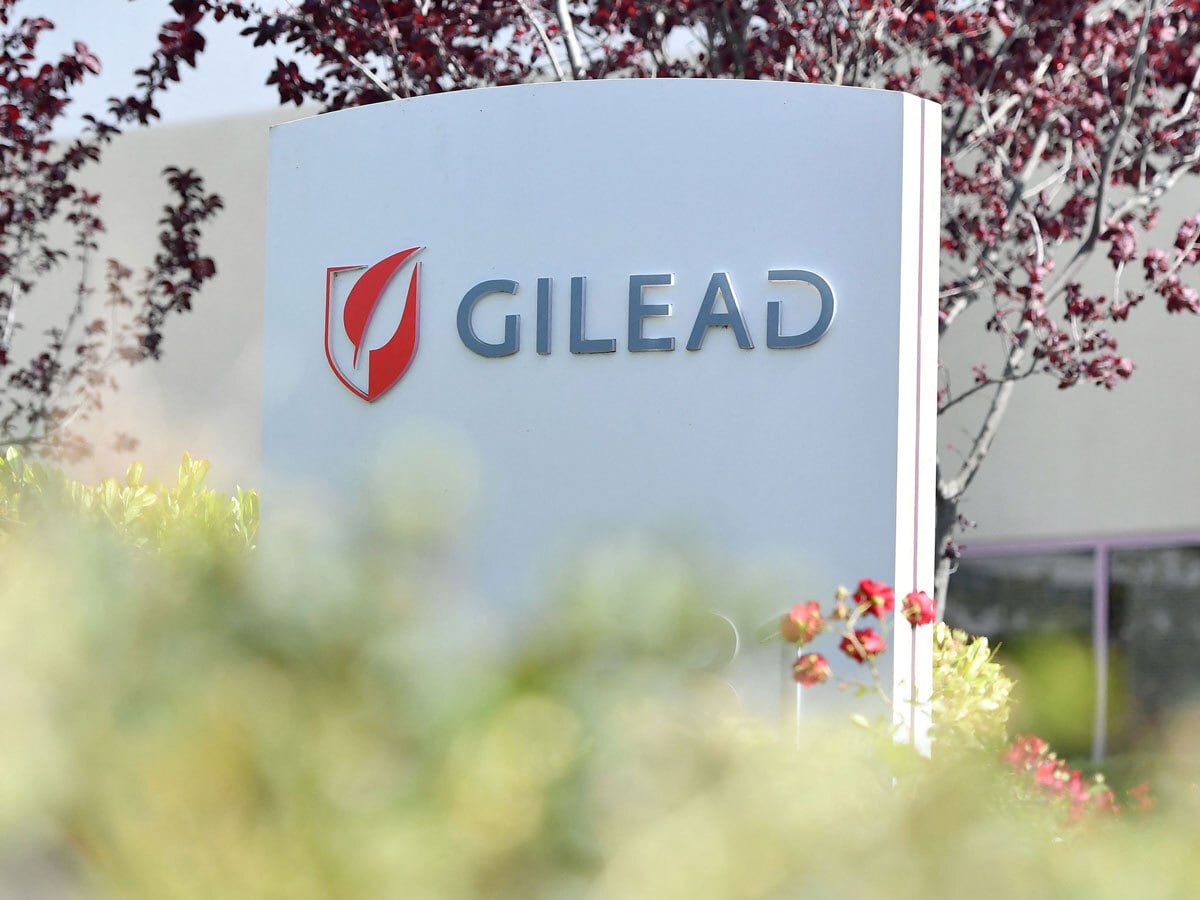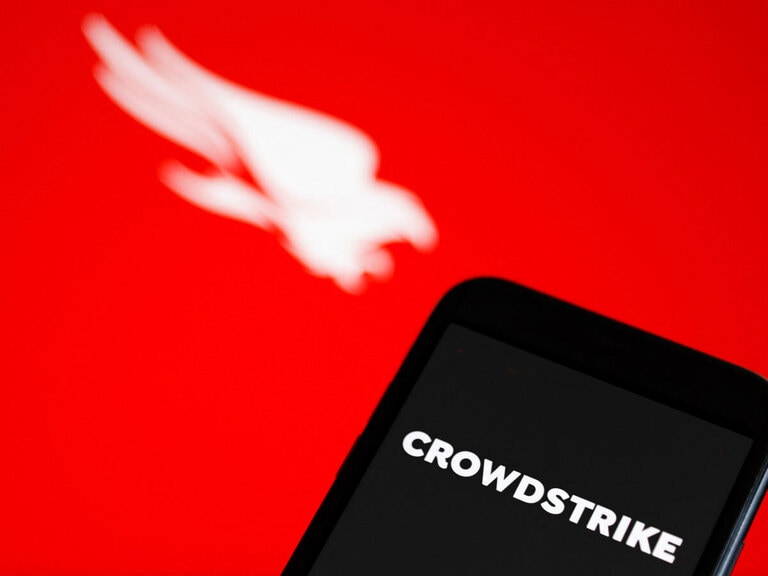Gilead Sciences [GILD] is a California-based biotechnology firm that specializes in developing drugs and treatments for cancer, cardiovascular conditions, liver diseases, and HIV and AIDs.
This stock spotlight will look at Gilead’s decision in October to abandon its bladder cancer drug Trodelvy in the US, as well as the recent FDA approval of Livdelzi, which is used to treat rare liver disease. It will also highlight the pharmaceutical company’s recent financial performance ahead of its Q3 earnings, due to be reported on November 6.
According to Grand View Research, the liver disease treatment market was worth $19.07bn in 2023 and could grow at a CAGR of 5.7% between 2024 and 2030. Grand View identified Gilead as a market leader, primarily thanks to its therapies for hepatitis C (HCV) and chronic hepatitis B.
Trodelvy Trial Flops
Following discussions with the FDA, Gilead announced on October 18 that it was pulling its bladder cancer treatment Trodelvy from the US.
The news is unlikely to come as a surprise to those who have been following Trodelvy’s progress. The health regulator had granted accelerated approval for use of the drug to treat metastatic bladder cancer back in 2021, while continued approval hinged on the success of a confirmatory trial.
In May, Gilead disclosed that a study serving as the confirmatory trial, TROPiCS-04, had failed to meet its primary goal. Additionally, there were more deaths due to adverse effects of the drug than there were among those treated using chemotherapy.
The company said that the drug’s use for treating breast cancer patients in the US remains in place.
GILD Stock’s Healthy Rise
Despite the disappointing news, bladder cancer represents less than 10% of Trodelvy’s sales, CFO Andrew Dickinson said on the Q2 earnings call in August. This could explain why investors do not seem to have been deterred by the news.
The Gilead share price recorded a 52-week high of $89.74 on October 25. GILD stock is up 14.05% since the start of 2024 through November 1 and has gained 18.71% in the last year.
Liver Disease Portfolio Boosts Gilead’s Q2 Sales
For the three months to the end of June, Gilead reported a 5% year-over-year increase in revenue to $7.0bn.
HIV product sales increased 3% to $4.7bn, but the primary driver of growth was its liver disease portfolio, which rose 17% to $832m. Sales of Trodelvy were up 23% to $320m.
Net income jumped to $1.61bn from $1.04bn in Q2 2023. However, it reported a net loss of $2.55bn for the first six months of 2024, mainly due to a $3.9bn charge associated with its acquisition of liver drug developer CymaBay Therapeutics, which was completed in March.
Gilead left its full-year revenue forecast unchanged at a range of $27.1bn–27.5bn, although lowered its earnings forecast to $0–0.30 per share from previous guidance of $0.10–0.50.
AbbVie [ABBV], which competes with Gilead in the development of HCV drugs, reported a 3.8% increase in revenue across its portfolio for Q3. Fellow competitor Merck [MRK] saw total sales rise 4% in Q3.
| GILD | ABBV | MRK |
Market Cap | $111.44bn | $359.54bn | $258.25bn |
P/S Ratio | 4.03 | 6.50 | 4.10 |
Estimated Sales Growth (Current Fiscal Year) | 9.40% | 2.90% | 6.60% |
Estimated Sales Growth (Next Fiscal Year) | 1.20% | 5.50% | 5.60% |
Source: Yahoo Finance
Gilead’s price-to-sales ratio and underwhelming revenue projection for fiscal 2025 indicate that GILD stock could be overvalued.
GILD Stock: The Investment Case
The Bull Case for Gilead
In August, the FDA gave the green light to Gilead’s liver disease drug, Livdelzi, which was acquired through the buyout of CymaBay Therapeutics, completed earlier in the year.
While liver treatments accounted for around an eighth of total revenue in Q2, Livzeldi could potentially double the portfolio. BMO Capital Markets analyst Evan Seigerman has projected annual sales of Livdelzi will peak at $847m, according to Reuters.
Gilead’s Chief Commercial Officer Johanna Mercier said on the Q4 2023 earnings call in January that the company has a 60% share of the HCV market in the US and controls more than half of the European market.
The Bear Case for Gilead
While the decision to withdraw Trodelvy as a bladder cancer treatment in the US is unlikely to have a significant impact on revenue in the near term, the failure does raise questions about Gilead’s oncology push. The company paid $21bn to acquire the drug’s maker Immunomedics in October 2020.
On top of the failed TROPiCS-04 study mentioned above, the drug also failed to significantly extend the lives of patients with non-small lung cell cancer. The findings of that study, EVOKE-01, were released in January and following the readout the company announced it was taking a $2.4bn impairment charge.
There is confidence among Gilead’s leadership that Trodelvy will still “deliver attractive returns over time”, but it remains to be seen whether these returns will be enough to justify the 108% premium it paid for Immunomedics.
Conclusion
While there are question marks about Trodelvy and Gilead’s oncology push in the long term, the area of growth that should excite investors is arguably its liver treatment portfolio. As with any company in the pharmaceutical industry, though, the success of any drug being developed is not guaranteed. And, even if trials are successful, it can take years for drugs to be commercialized and brought to market.
-
OPTO’s proprietary theme relevance system maps the world’s biggest investing megatrends. For in-depth analyses of stocks with high growth potential, subscribe to OPTO Foresight.
Continue reading for FREE
- Includes free newsletter updates, unsubscribe anytime. Privacy policy





